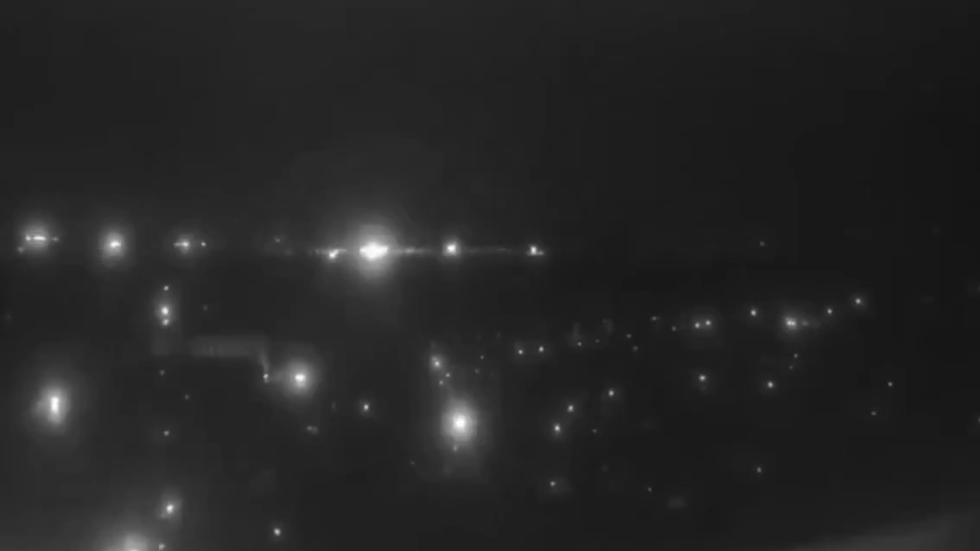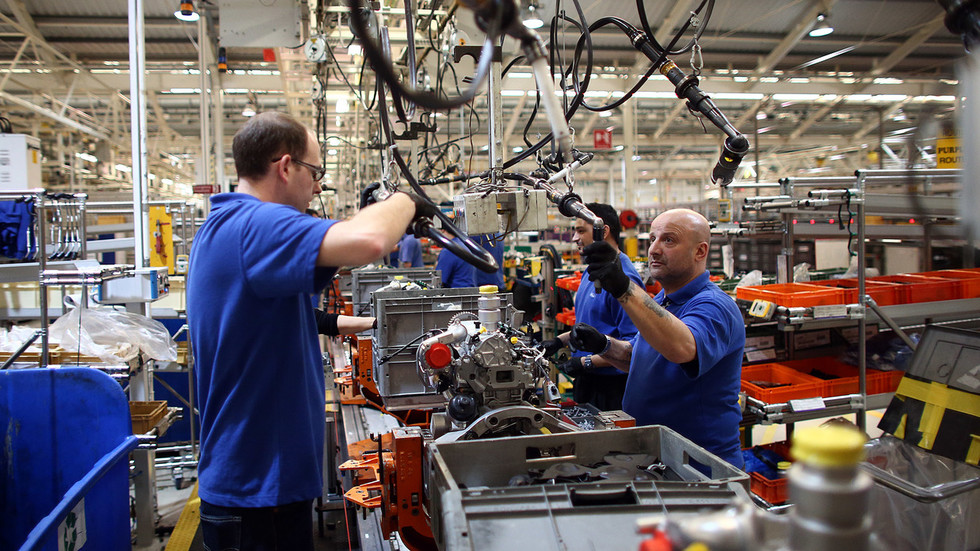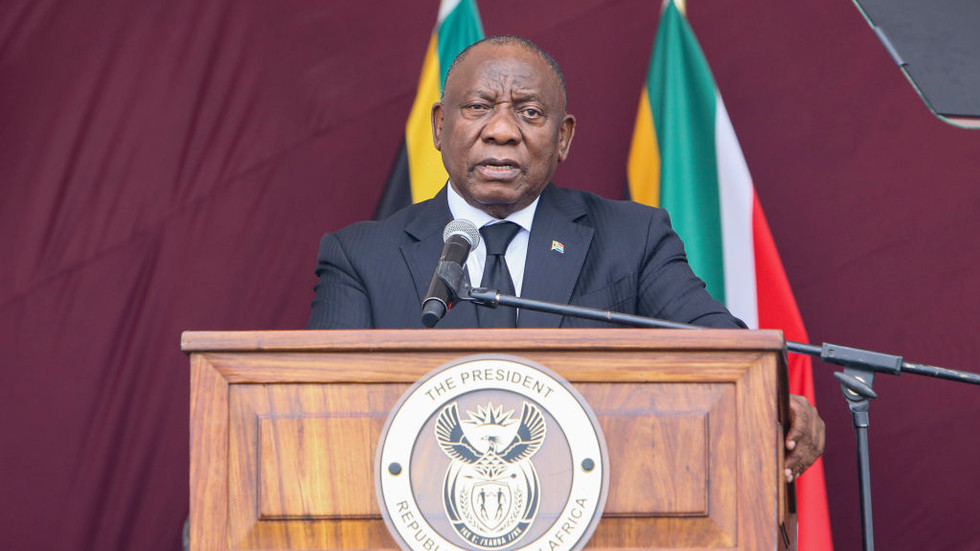Live
06/01/2024June 1, 2024Despite a decrease in voter turnout compared to the last election, Prime Minister Narendra Modi is widely expected to secure a third term. The results are out on June 4.
https://p.dw.com/p/4gWJ3
 The election involves 968 million people, marking the largest democratic exercise in historyImage: Adnan Abidi/REUTERS
The election involves 968 million people, marking the largest democratic exercise in historyImage: Adnan Abidi/REUTERSWhat you need to know
Voting began on Saturday in the seventh and final phase of India's mammoth electoral process with Prime Minister Narendra Modi largely expected to be back for a third term.
In this final phase, 57 seats across eight states and union territories will go to the polls. These include all the seats in the northern states of Punjab and Himachal Pradesh.
The constituency of Modi in Varanasi will be among those going to the polls with the northern city regarded as the spiritual capital by the country’s Hindu majority.
Here's a look at the latest from India's elections on Saturday, June 1
06/01/2024June 1, 2024
Voting begins in seventh phase
Voting began on Saturday for the last 57 parliamentary seats in the seventh and final phase of India's lengthy electoral process.
Prime Minister Narendra Modi is largely expected to be back for a third term.
The election involves 968 million people, marking the largest democratic exercise in history. Voting was staggered over six weeks from April 19.
According to a report by the Centre for Media Studies (CMS), cumulative spending in this election is projected to exceed $14.2 billion (€13.08 billion).
Compared to the last election, there has been a drop in the turnout, with the lowest phase recording only 62.2%. Analysts attribute the decline partly to the heat wave in some parts of the country.
Exit poll data will be available after the voting closes on Saturday.
Formal ballot counting will begin on Tuesday, June 4, with results expected the same day.
Modi's Bharatiya Janata Party (BJP) first came to power in 2014, on a plank of economic development and a crackdown on corruption. His tenure has seen India rise as a global power, but also faces criticism for rising unemployment, attacks on minorities, and depleting press freedom.
The opposition parties have come together under the banner of Indian National Developmental Inclusive Alliance (INDIA), taking a stand against the BJP.
But the coalition has been marred by infighting over ideological differences and personality clashes.
Moreover, the coalition has not declared its candidate for prime minister yet.
The opposition has also been stymied by several criminal probes by the government and a tax investigation this year that froze the bank accounts of the Congress.
Rahul Gandhi is a key figure representing the Indian National Congress in the opposition against Modi.
ss/kb (AFP, Reuters, AP)
https://p.dw.com/p/4gWJ7

 5 months ago
26
5 months ago
26








